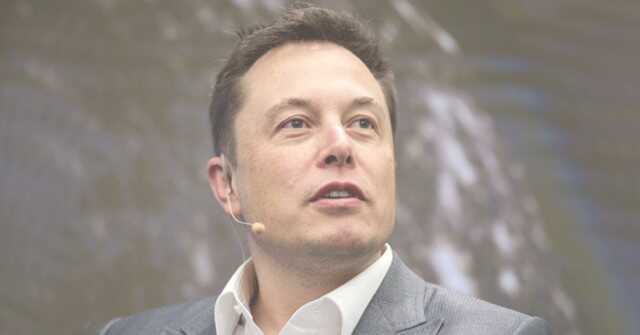
Elon Musk ‘open to buy’ publishing platform Substack to take on mainstream media


After purchasing Twitter for $44 billion in October this year, Elon Musk said that he is “open to the idea of buying Substack”, a platform co-founded by Indian-origin techie Jairaj Sethi, Kik Messenger co-founder Chris Best and former tech reporter Hamish McKenzie. The billionaire said that he is willing to buy the platform that lets independent writers and podcasters publish directly to their audience and get paid through subscriptions, in order to compete with mainstream and corporate media.
Substack is an US online platform founded in 2017 that offers analytics, publishing, payment, and design infrastructure to support subscription newsletters. Writers can also use Substack to directly send digital newsletters to subscribers, according to the company’s website.
Responding to a user who suggested that Musk should buy Substack and connect it with Twitter, the Tesla and SpaceX co-founder replied that he is open to the idea.

“Would it make sense for Twitter to buy Substack and more tightly connect the two platforms. Twitter plus Substack creates instantly massive competition for obsolete legacy corporate media,” asked a Twitter user, to which Musk replied: “I’m open to the idea”.
His thought of buying the platform came after the mainstream and corporate media gave a lukewarm response to "Twitter Files" that he had revealed via independent journalists. On Thursday, Musk took a dig at corporate media by accusing it of siding with the government.
"Why is corporate journalism rushing to defend the state instead of the people?" Musk tweeted, reacting to Leighton Woodhouse, a freelance reporter and documentary filmmaker, who said "establishment journalists' response to the Twitter Files is that of a profession committed to protecting the state instead of exposing it" on Substack.

“Twitter Files” is a collection of internal emails and Slack chats capturing Twitter employees’ discussion on company policies and fraught moderation calls. The platform suppressed politically-sensitive news articles and information in 2020. For example, they have covered the decision to ban Trump, and even blocked a news story in October that year drawn from material on Hunter Biden's laptop, and how the company limits the reach of accounts that break its rules, including some well-known right-wing users.
